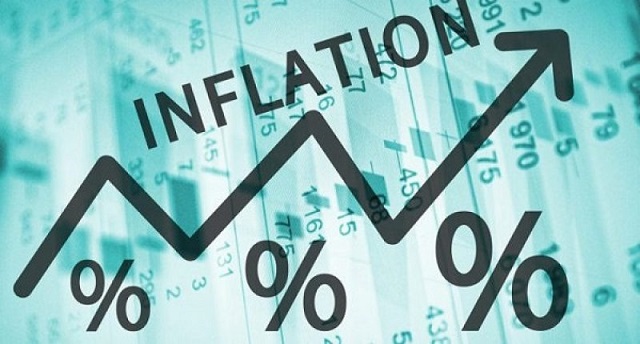A recent notice from PIL Ghana Limited, one of the shipping lines, shows that Port Additional Surcharges (PAS) in the shipping industry have gone up by about 71 percent effective March 1, 2021 which may result in an increase in imported commodities in the country. The notice shows that port charges for 20ft containers have been revised upwards from $77 to $132 and that of 40ft went up to $264 from $154.
However, the Consultative Forum of Actors in the Shipping Industry comprising the Concern Freight Forwarders and Traders Association (COFFT), Ghana Union of Traders Association (GUTA), Importers and Exporters Association of Ghana, and Food and Beverages Association of Ghana (FABAG) have described the increment as illegal and has entreated its members not to pay PAS increment imposed by Shipping Lines.
According to the Consultative Forum of Actors, the PAS increment had no legal backing, no authorization, and was contrary to the Ghana Shippers Authority (GSA) Regulations, 2012 (LI 2190). The Consultative Forum at a press conference in Tema called on all exporters, importers, freight forwarders, and all other partners within the logistics supply chain to disregard the notices of any increment which was supposed to take effect on March 1, 2021.
The Chairman of COFFT, Oheneba Kwasi Afawuah, indicated that the Shipping Lines have not filed their charges with the Ghana Shippers Authority as mandated by the Law to negotiate on behalf of shippers with associations of shipping service providers.
Even though the Consultative Forum of Actors is calling on the GSA to sanction the Shipping Lines for breach of regulation, if the government does not act quickly, the increment will impede trade facilitation in the country. The worry is that the country still relies heavily on imported goods for its consumption. Should this increment materialize, it is likely to have a significant impact on the cost of imported goods in the country.
Imported inflation has been stable for the past two months and stands at 6.1 percent as of January 2021. However, the recent rise in shipping charges may result in some significant increase in imported inflation should that materialize. This will then contribute to a rise in the overall inflation in the country which currently stands at 9.9 percent as of January 2021.
On the other hand, even if the increment as announced by the Shipping Lines does not take effect immediately, it is likely to fuel inflationary expectations which play a major role in price movements. Once it has been circulated, economic agents form expectations that are expected to result in the upwards adjustment of prices of most imported commodities as traders already expect a rise in PAS later or sooner.
The increment will not only affect consumers, but also tends to reduce the profit margins of producers especially those that relied on imported raw materials or intermediate goods for their production activities. Already, producer price inflation has gone up to 9.1 percent in January 2021 from the 7.0 percent recorded in December 2020, driven mainly by the Manufacturing sub-sector which constitutes more than two-thirds of the total industry. The sub-sectors inflation increased by 3.7 percentage points to record 7.5 percent in January 2021.
An urgent intervention by the government is required to remedy the situation, without which the repercussions on the country’s inflation cannot be underestimated. Broader consultation with relevant stakeholders is required to ensure that the law takes its course in the current disagreement between the Consultative Forum of Actors and Shipping Lines operating in the country. Otherwise consumers stand to bear the brunt.























